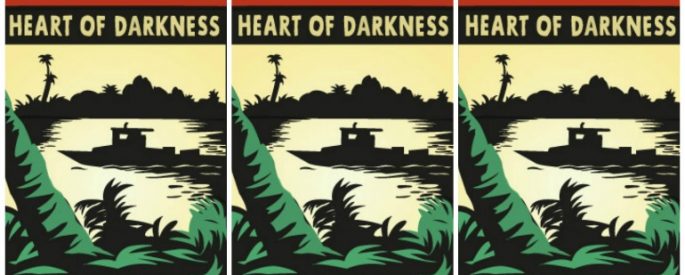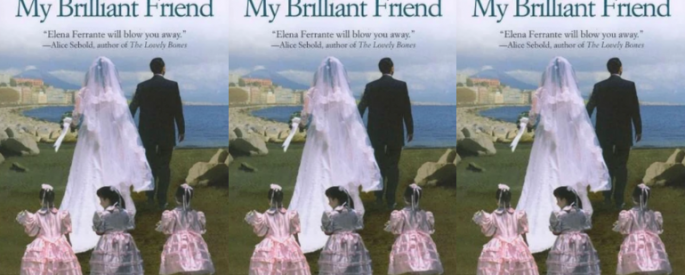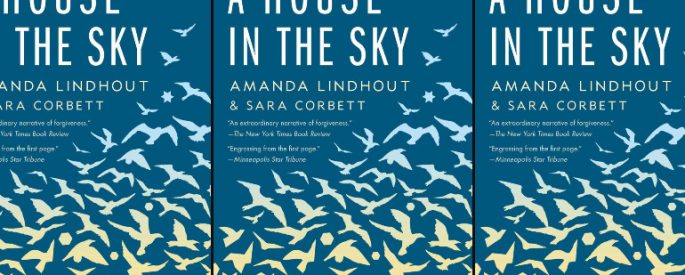literature Archive
Out with T.S. Eliot, and In with Cathy Park Hong: Poetry Criticism in the 21st Century

The debate about whether Rupi Kaur’s poetry (and by extension, the whole genre dubbed “instapoetry”) is good or bad has apparently been revived. Whether that debate is actually useful in the terms it has set out for itself remains to be seen. Most often, it seems, when the poet
Writing Trauma: Notes of Transcendence, #3—Finding Light in Darkness

Perhaps I’d brought Heart of Darkness to court with me not as reading material but as a talisman, as a symbol of what I believe literature has the power to do.
On Intimacy: Elena Ferrante & Stacey D’Erasmo

It seems as though people do not want to believe that fiction can be intimate—that is: detailed, personal, private, sacred, something with which readers feel closely acquainted or familiar. It is especially surprising if it is also broad, and that one book can accomplish both apparently astounds reviewers.
On Sentimentality: Zoe Heller, Leslie Jamison, Nate Pritts, & Mary Ruefle

When we talk about sentimentality in literature, we talk about the “contemporary, pejorative sense of the word,” Zoe Heller writes for the New York Times. A word defined by Merriam-Webster as “the quality or state of being sentimental especially to excess or in affectation.” A word with synonyms such as
Challenging Cultural Norms: Contemporary British Women Authors

It wasn’t until I was in my mid-twenties that I realized what I’d been searching for all along. An avid reader, I absorbed a variety of books during my childhood and adolescence. These were carefully screened by my well-meaning but stifling folks, who paled at the thought me
Why Bother with Craft?

“Craft” was a dirty word at art school, a subtle derogative. The college dropped “and Craft” from their name so recently that the signs on the highway still held those words. Once, in a class critique, a peer called a hand-painted map used to make a stop motion short
Round-Down: Enough of Genre Debate Already

I’m a little disappointed in Jennifer Weiner. And not in the way you’d think. Certainly not in the same way as Jonathan Franzen. Rather, I’m disappointed that she’s seemingly buying into the genre vs. literary distinction while she (admirably and very hilariously) defends herself on Twitter against Franzen’s latest attacks.
(Writing) Exercise: Self-compassion

I’m talking here of memory’s difficulty. Difficult not in the way I have to wrack my weak brain to remember what happened, but in the way I’m forced to face that time I let my brother, bleeding from the mouth, run the mile home alone. Difficult in the way
Since Feeling is First: Elements of Craft to Express Emotion

Emotions, feelings, desires—whatever you choose to call them—are central to writing. e.e. cummings wrote “since feeling is first / who pays any attention / to the syntax of things / will never wholly kiss you.” But how do we pay attention to syntax while retaining feeling? There are countless
Round-Down: Is Evaluating Great Literature A Democratic or Elitist Prospect?
With many year-end best of 2014 book lists pouring out on the tail end of the National Book Award announcements last month, as well as with prize nominations opening up this month for the Pulitzers, I’ve been thinking a lot lately about literary merit prizes and how they influence
- 1
- 2